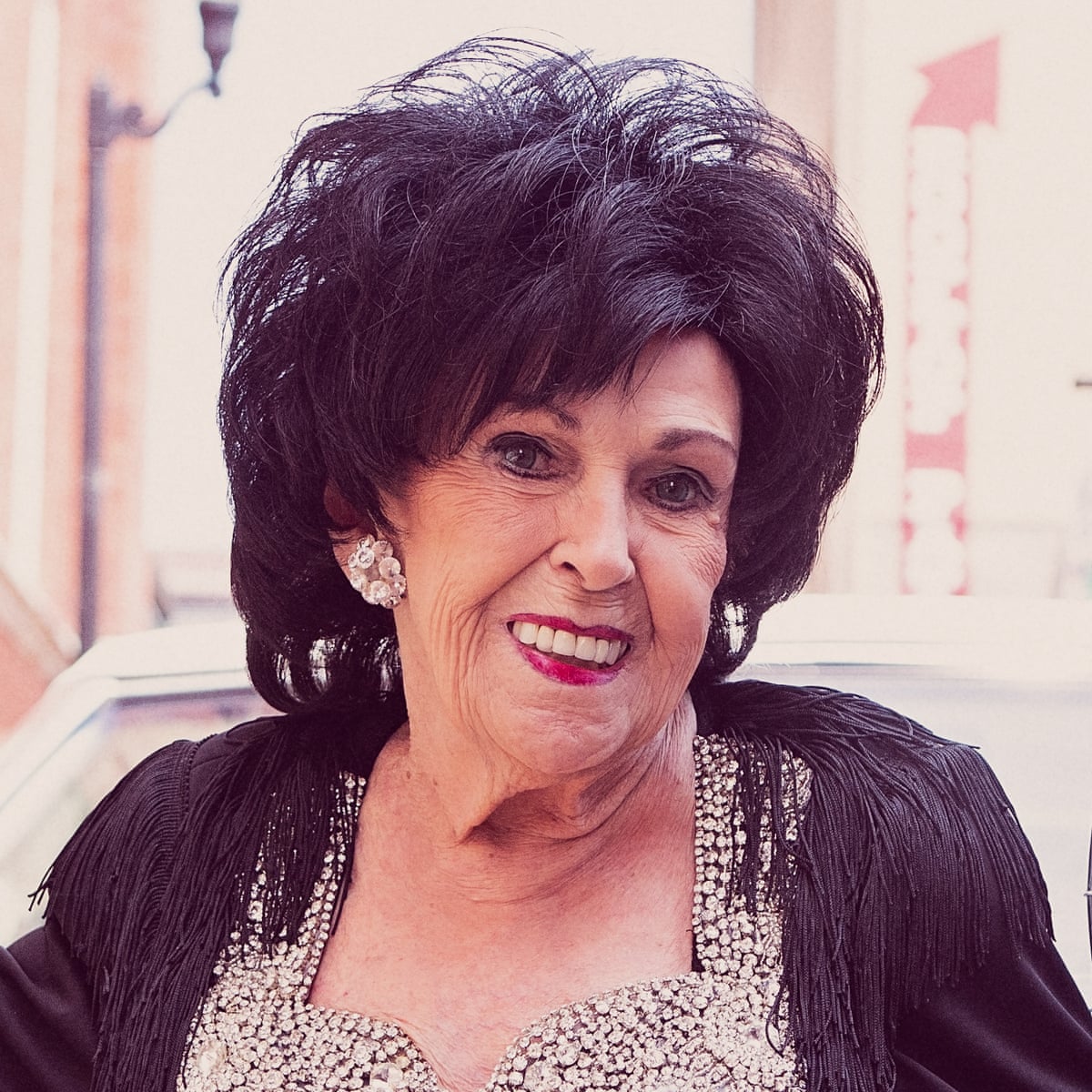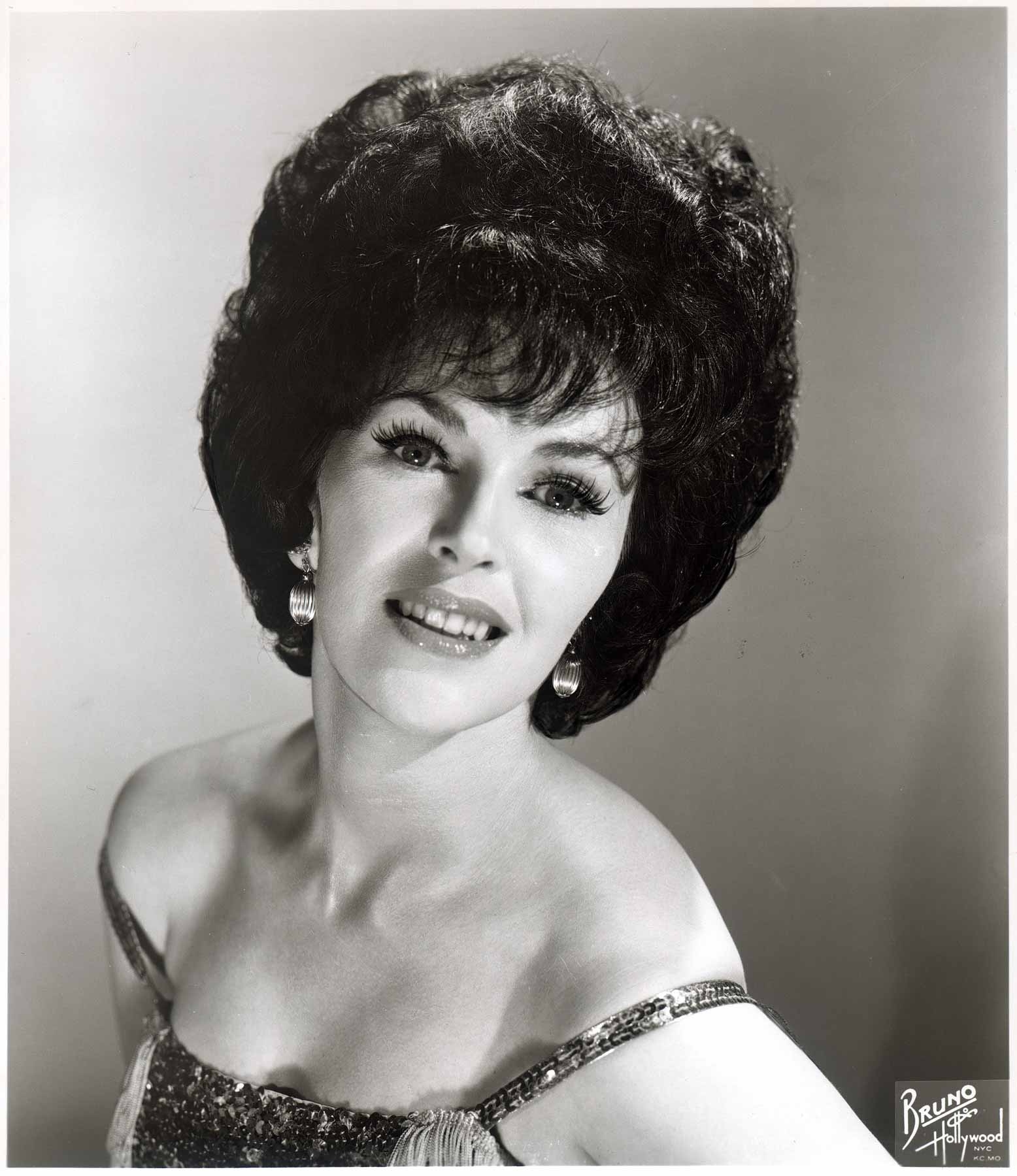Wanda Jackson
Wanda Jackson

Wanda Jackson, born on October 20, 1937, is an iconic American singer and songwriter known for her contributions to rock, country, and gospel music. Rising to fame in the 1950s, Jackson became one of the earliest female figures in rock and roll, earning the title "The Queen of Rockabilly." Her versatile talent allowed her to excel in various genres throughout her career.
Jackson's musical journey began in childhood, and she later hosted her own radio show in Oklahoma City. Her breakthrough came when country singer Hank Thompson discovered her talent and helped her secure a recording contract with Decca Records in 1954. Her first hit single, "You Can't Have My Love," marked the beginning of her successful career.
Teaming up with Elvis Presley on tour in 1955, Jackson's exposure to rockabilly music influenced her style, leading to a string of hits like "Fujiyama Mama," "Mean Mean Man," and "Let's Have a Party" after signing with Capitol Records in 1956. Capitol Records allowed her to explore both country and rockabilly genres, broadening her musical repertoire.
During the 1960s, Jackson shifted her focus back to country music and delivered several chart-topping singles, including "Right or Wrong," "In the Middle of a Heartache," and "Tears Will Be the Chaser for Your Wine." She also found success in the international market with singles like "Santo Domingo," which topped the Austrian pop chart in 1965.
Embracing her Christian faith in 1971, Jackson prioritized gospel music in her career and signed with Word Records in 1973. Over the next decades, she released numerous gospel albums, further diversifying her musical portfolio.
In 1984, European promoters sought Jackson for overseas tours, sparking a revival of her rock career. Throughout the 1990s and beyond, she garnered acclaim for her rock albums, including "Heart Trouble" (2003) and "I Remember Elvis" (2006). Her collaboration with Jack White resulted in the successful album "The Party Ain't Over" following her induction into the Rock and Roll Hall of Fame in 2009.
Wanda Jackson's early life was marked by a deep connection to music and a passion for performance. Born in Maud, Oklahoma, she was the only child of Tom and Nellie Jackson. Her father, who played in a local band, introduced her to music at a young age, teaching her guitar when she was just six years old. The family later moved to Los Angeles, where Wanda was exposed to western swing music and developed her musical tastes.
In Bakersfield, California, where the family settled next, Wanda continued to hone her musical skills, playing both guitar and piano. However, she struggled with academics, finding it difficult to focus on anything other than music. The family eventually returned to Oklahoma City, where Wanda's talent blossomed further.
In Oklahoma City, Wanda immersed herself in music, singing at the local Baptist church and auditioning for the radio station KPLR. Her talent caught the attention of the station's disc jockey, who encouraged her to pursue more opportunities. Wanda's radio segment became a success, showcasing her ability to perform country songs and her natural charisma as a host.
While attending Capitol Hill High School, Wanda continued her radio show and dated fellow student Leonard Sipes, who later became known as Tommy Collins. Her dedication to music often took precedence over social activities, with Wanda spending most of her time performing and honing her craft.
It was during this time that Wanda's path crossed with country singer Hank Thompson, who invited her to perform with him at the Trianon Ballroom in Oklahoma City. This opportunity marked the beginning of Wanda's professional career in music, leading to regular performances with Merl Lindsay's country band.
Wanda's early years were defined by her unwavering passion for music, her dedication to honing her skills, and her relentless pursuit of opportunities to perform. These formative experiences laid the foundation for her remarkable career as a pioneering figure in rock, country, and gospel music.
Wanda Jackson's collaboration with Hank Thompson continued to grow, with appearances on his local television program and other shows. Thompson recognized Jackson's talent and recorded her on demonstration recordings, hoping to secure her a recording contract with major labels. During this time, Jackson also sang duets with Billy Gray, another member of Thompson's band, as part of their efforts to attract record label attention.
Thompson intended to sign Jackson to Capitol Records, but the producer Ken Nelson rejected the idea, citing his belief that "girls don't sell records." This statement, while reflective of the prevailing attitudes in the industry at the time, spurred Jackson to prove Nelson wrong. Despite the setback, Jackson was determined to forge her own path in the music industry and to defy the expectations placed on female artists.
This rejection from Capitol Records served as motivation for Jackson to challenge gender stereotypes and pave the way for herself as a female artist in the male-dominated world of music. It fueled her determination to succeed and achieve recognition for her talent, setting the stage for her future endeavors in rock, country, and gospel music.
After Hank Thompson's efforts to secure a recording contract for Wanda Jackson with Capitol Records were thwarted, he turned to Paul Cohen of Decca Records. Cohen expressed interest in signing Jackson and Billy Gray, another member of Thompson's band. In 1954, while still in high school, Jackson inked a deal with Decca Records.
In March 1954, the Jackson family traveled to Hollywood, California, where Wanda recorded her initial sessions with Decca, backed by Thompson's band. Despite her reservations about the song, "You Can't Have My Love," Thompson convinced her to record it as a duet with Billy Gray. The song became Jackson's debut single on Decca and soared to number eight on the Billboard Hot Country and Western Sides chart, establishing her as a rising star in the genre.
Following the success of her debut single, Jackson returned to the studio in Nashville, Tennessee, in March 1955 for further recording sessions with Paul Cohen at Decca. During this time, she also made her debut performance at the Grand Ole Opry. However, the experience left a bitter taste in her mouth, as she faced criticism from fellow Opry members about her attire on stage. Despite the setback, Jackson remained determined to forge her own path in the music industry.
After graduating from Capitol Hill High School in Oklahoma City in 1955, Jackson embarked on touring, accompanied by her father, who had quit his job to become her full-time manager. They toured alongside Elvis Presley, who encouraged Jackson to explore rock and roll music, which was gaining popularity at the time. Jackson also joined the cast of the Ozark Jubilee in 1955, further solidifying her presence in the country music scene.

References
- Wolff, Kurt. "Biography – Wanda Jackson". AllMusic. Retrieved October 11, 2008.
- a b c Burns, Ken. "Wanda Jackson Biography". PBS. Archived from the original on July 9, 2021. Retrieved July 9, 2021.
- ^ Carney, George O. "Jackson, Wanda LaVonne: The Encyclopedia of Oklahoma History and Culture". Oklahoma History.org. Archived from the original on July 9, 2021. Retrieved July 9, 2021.
- ^ Bomar & Jackson 2017, p. 1-5.
- ^ Bomar & Jackson 2017, p. 7.
- ^ Bomar & Jackson 2017, pp. 6–8.
- a b c d e f g Oermann & Bufwack 2003, p. 201.
- ^ Bomar & Jackson 2017, pp. 8–10.
- a b Bomar & Jackson 2017, p. 13-15.
- ^ Bomar & Jackson 2017, p. 15.
- ^ Bomar & Jackson 2017, p. 33-34.
- ^ Bomar & Jackson 2017, p. 36-38.


























